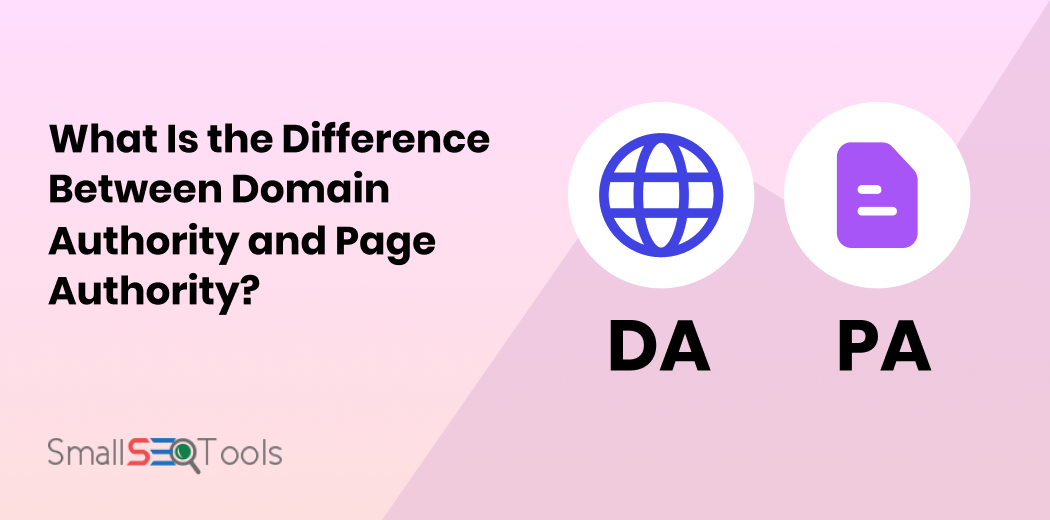5 Specific Ways You Can Write (Better) For The Web

When it comes to writing for the web, you don’t exactly want to ignore everything your English teacher taught you. Spelling and grammar are important… but you’re not exactly writing a novel either. In some cases, descriptive writing can fit the tone of your story and if that’s your style then so be it! In all other cases, it’s actually better to…
Write about how you talk.
Write about how you speak. Write the way you speak. Write the way that you talk. Get it? After you write something, say it out loud. If it feels awkward… write it the way you feel more comfortable saying it out loud.
Keep a collection of inspiration.
Bookmark every blog that grabs your attention. Cut out magazine articles that you admire for their writing style. For whatever reason, hang on to the articles that inspire you. There will be days when you can’t get out of the funk and start writing, and these collections can help break through the mess.
Outline everything first.
Traditional writing exercises may tell you to start writing and edit later, but when you’re writing for the web it’s important to stay on point and say more even though you write less. So outline and as you write it may be easier to move from one point to the next more concisely.
Time yourself.
This is especially important if writing for the web is what you do for a living. Charging based on word count is a costly mistake that many amateurs make, and when you time yourself you can see why.
More importantly, cut each writing session into shorter periods. When you push yourself to spend 3+ hours on a project, you’ll end up in a funky zone that’s hard to break out of. Instead, take a break every hour and a half to go for a walk, tidy up an area of a room, doodle a picture, or do anything to “cleanse the palette”. You’ll come back feeling refreshed and ready to work as productively as possible!
Tip: You can improve your productivity by using the best paraphrasing tool online. This utility automates the process of producing fresh and unique content without requiring much time and effort.
Obsess the title.
This rule is never going to change. It has less to do with the productivity of writing for the web and more to do with attracting as many readers as possible. You might start out with a great title, but don’t settle for it. Once the page is complete, you’ll want to make a list of at least 20 possible titles and then choose the best one from the list.











